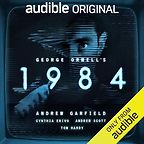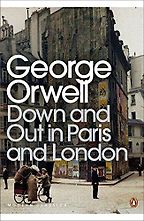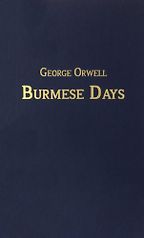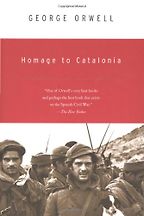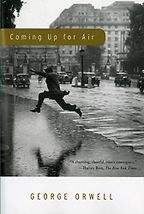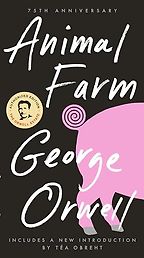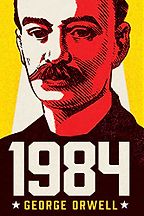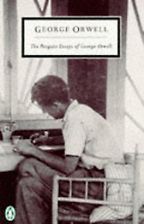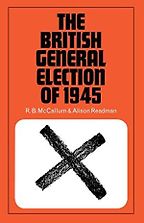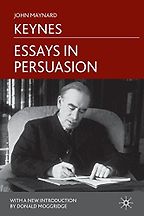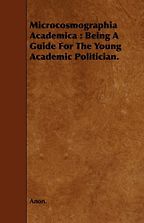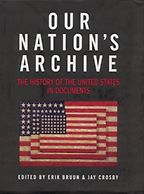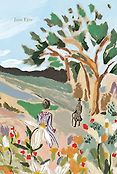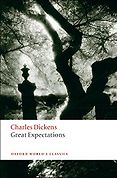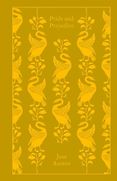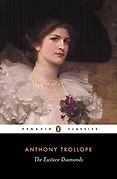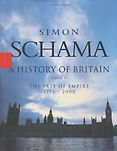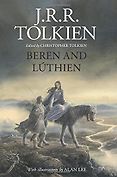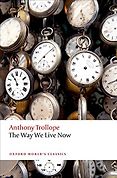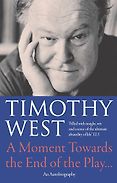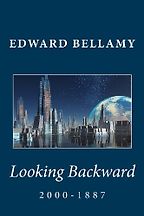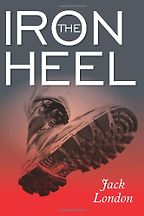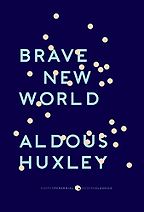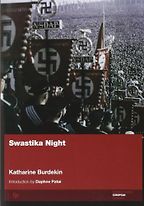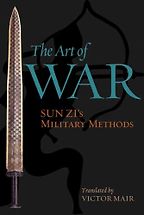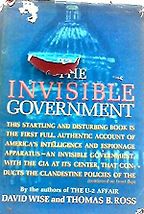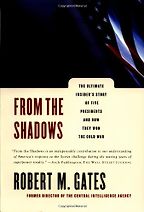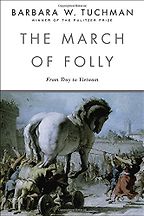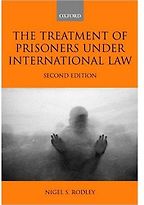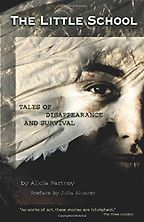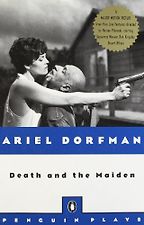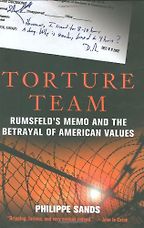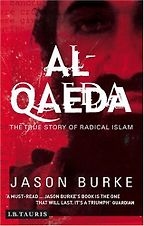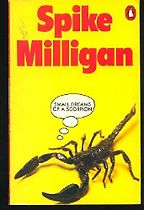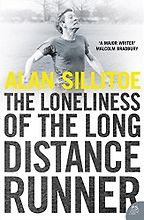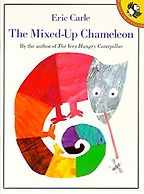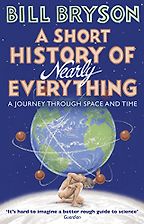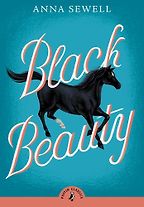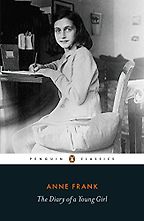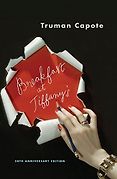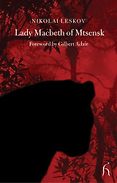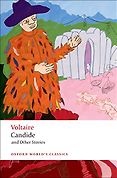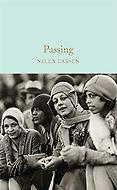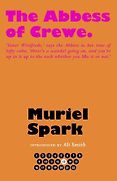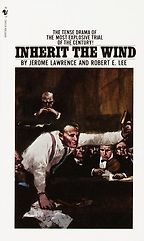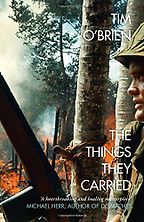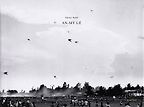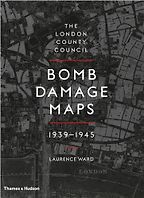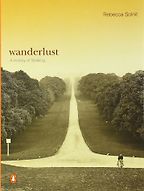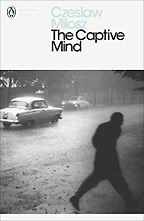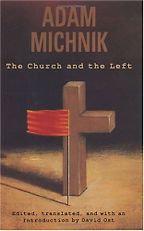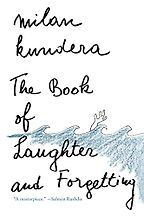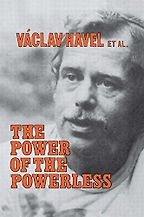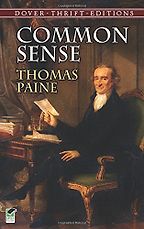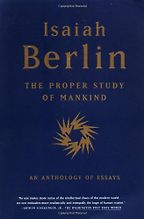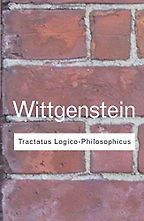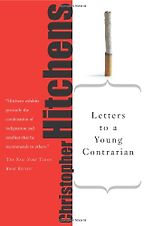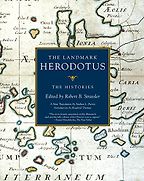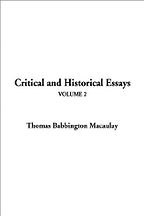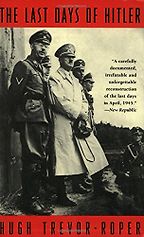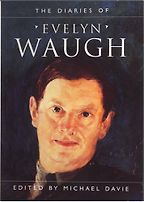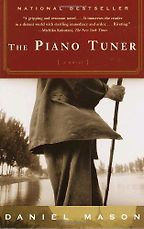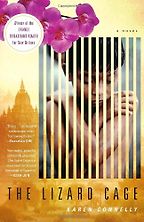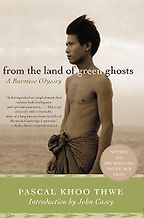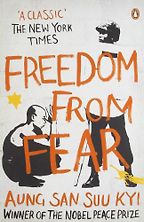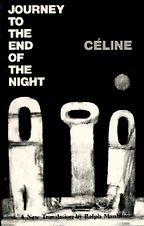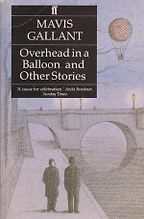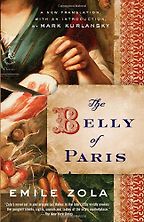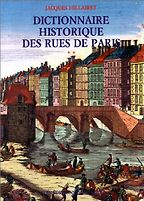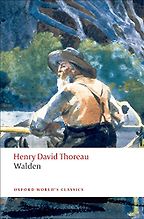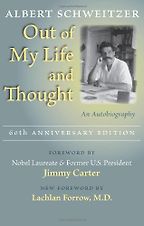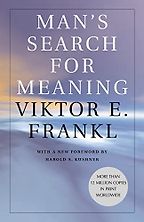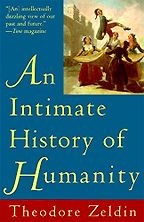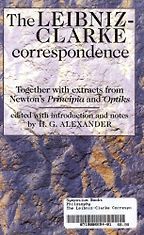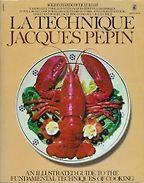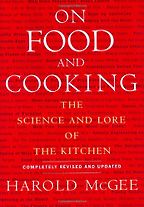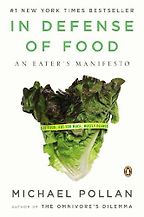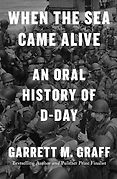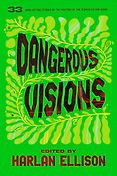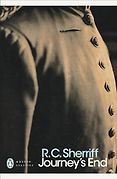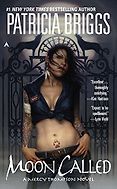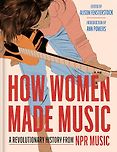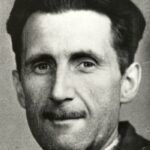
Books by George Orwell
George Orwell’s real name was Eric Blair (1903-1950). He died aged just 46, after writing landmark books of both fiction and nonfiction. Our interview about George Orwell is with his biographer, DJ Taylor, author of Orwell: The Life. The interview is a great way to learn about both George Orwell’s life and his books, so if you’re at all interested in Orwell, please take the time to read it. Below, we’ve also listed Orwell’s books in the order they were written, with comments from experts about why they picked them as important and illuminating in their area of study. We’ve also included an excellent Penguin collection of his essays.
“Narrators Andrew Garfield and Cynthia Erivo lead a crew of inspired English actors in creating a full-cast, film-like 21st-century reimagining of one of the twentieth century’s most important novels. The production is peppered with eerie urban soundscapes and a haunting musical score. 1984—sounding more dystopian than ever.” Read more...
“The fascination of Down and Out in Paris and London is that it’s his first book. In it, you can see Orwell stumbling, moving towards the kind of writer he wants to be, choosing the sort of subject matter he thinks will be appropriate. He spent time in Paris, working humbly in hotels and restaurants as what the French called a plongeur, someone who basically does the washing up. Then, he came back to England and went on what he called his ‘tramping adventures,’ masquerading as a down and out.” Read more...
D J Taylor, Biographer
“For fiction about Burma, I suppose you should start with the classic of all time, which has to be Orwell’s Burmese Days. The story is about John Flory, a timber merchant in Burma, who’s a bit disillusioned and nothing much is happening to him. Everything is based around the English Club, with all the tiny things that put you wrong, and it’s such a mean, bitchy little place. It’s terribly snooty, and they don’t want Flory’s Indian friend Dr Veeraswami to become a member. It’s just wonderful: funny, ironic, a horribly sad portrait of colonial life.” Read more...
The best books on Describing Burma
Sue Arnold, Journalist
“The great fascination to me of A Clergyman’s Daughter is that although it’s published in the UK in 1935, it is essentially the same plot of Nineteen Eighty-Four, which doesn’t appear until fourteen years later. It’s about somebody who is spied upon, and eavesdropped upon, and oppressed by vast exterior forces they can do nothing about. It makes an attempt at rebellion and then has to compromise.” Read more...
D J Taylor, Biographer
“It fits absolutely wonderfully in the trajectory of that route to Nineteen Eighty-Four. It’s about a frustrated poet and embittered bookseller’s assistant called Gordon Comstock who works in a bookshop in Hampstead in North London, is completely disillusioned with the world, and rails against what he calls as the ‘money God’. He’s an anti-capitalist without really understanding how political systems work. The novel was written in the 1930s before Orwell had actually nailed his colors to the political mast.” Read more...
D J Taylor, Biographer
“The Road to Wigan Pier is a very transitional book. It shows all the attention to detail and the thought of street-level reportage that distinguishes Down and Out in Paris and London, but it’s moving forward to a political position—the political position—that will underlie what Orwell starts writing in the 1940s, for which we now celebrate him.” Read more...
D J Taylor, Biographer
“The reason why I am so fond of Homage to Catalonia…is that in it you can see a man of the Left learning to make the distinction that breaks down the Left with a big L into lots of little lefts. He comes to understand what Soviet power actually is, and that it is qualitatively different to the other sorts of Spanish left, or to European left-wing intellectuals or Labour in England. The difference is not just a matter of being on a different point of the spectrum. It is to do with the immediate violence of Soviet means which were visible to Orwell at that time and place…He describes what is happening in Catalonia during the Spanish Civil War in such a way that we are able to see why he’s so upset about Soviet power.” Read more...
Timothy Snyder, Historian
“This book was published in June 1939, just before the start of the war. It’s all about the war looming over Britain and its effect on the people. It tells the story of a 45-year-old man called George Bowling. It’s a midlife crisis story…he decides to go back to his home town, Lower Binfield, as he has all these nostalgic memories of Edwardian Britain there, of meadows and fishing and beautiful girls who fancied him and good friends and all the things he feels are missing from his drudgery of a life. So he goes back and of course he finds the same thing he has found in London. Things are different and people have changed. He blames capitalism and progress. His nostalgia is destroyed…It’s all about the loss of that idyllic Britain, and loss of that perfect imagined England.” Read more...
Animal Farm
by George Orwell
🎧 Winner of an AudioFile Earphones Award for a truly exceptional audiobook
“I picked Animal Farm because it is an allegory about power and its seductive and corruptive influence on people regardless of their initial good intentions. As one moves up the ladder and accrues power, the tendency is to forget principles – instead the ends come to justify the means. Once principles are cast aside, however, it is a short way towards becoming exactly the thing one fought against.” Read more...
The best books on Holding Power to Account
Heather Brooke, Journalist
Nineteen Eighty-Four
by George Orwell
🎧 Winner of an AudioFile Earphones Award for a truly exceptional audiobook
“The book looks at how order and disorder co-habit. Orwell, without ever having gone to the USSR, understood it from the outside brilliantly.” Read more...
The best books on Totalitarian Russia
Robert Service, Historian
“In these essays, his essential message is that clear writing is a product of clear thinking, and, conversely, often muddled writing is a consequence of muddled thinking, so it’s a great plea for clarity of thought allied to clarity of expression. He writes about the decline of the English murder, watching a hanging out in Burma and, in my favourite, which is called ‘Politics and the English Language’, quite a short four- or five-thousand-word essay he wrote in the mid-1940s, he deplores the slovenliness of quite a lot of political writing and journalism. He goes through some real examples. Over the years when any youngster has asked me about becoming a journalist, I say, ‘Read ‘Politics and the English Language’. If you absorb that and take the advice you are halfway there.’” Read more...
The best books on British Democracy
Peter Kellner, Journalist
Interviews where books by George Orwell were recommended
The best books on British Democracy, recommended by Peter Kellner
Political commentator and President of YouGov.com chooses older books from both sides of the Atlantic to show what really matters in politics.
Ten Classic British Novels
Since Five Books was set up in 2009, we’ve interviewed more than 2,000 experts on all manner of subjects. Here’s our roundup of the ten classic British novels that have been recommended most often, starting with Middlemarch, described by Virginia Woolf as “one of the few English novels written for grownup people”.
-

1
The Eustace Diamonds
by Anthony Trollope -

2
A History of Britain, Volume III: The Fate of the Empire 1776–2000
by Simon Schama -

3
Beren and Lúthien
J R R Tolkien, Alan Lee (illustrator), Christopher Tolkien (editor) -

4
The Way We Live Now
by Anthony Trollope -

5
A Moment Towards the End of the Play
-

6
Animal Farm
by George Orwell
Audiobooks Narrated by Timothy West
Audiobooks Narrated by Timothy West
As well as appearing in many plays and movies, the British actor Timothy West (1934-2024) was a great narrator of audiobooks. He narrated a large number of Victorian novelist Anthony Trollope’s works, as well as abridged versions of Simon Schama’s History of Britain, a three-volume work. Below, some of the books in his audiobook oeuvre (not all are easy to get hold of or are only available in some countries).
The Best George Orwell Books, recommended by D J Taylor
Three-quarters of a century on from its initial publication, George Orwell’s Nineteen Eighty-Four is just as resonant in today’s era of misinformation and fake news as it was in the incipient Cold War era. D J Taylor, author of a prizewinning biography of Orwell, takes us through the extraordinary impact of the author’s fiction and reportage.
The best books on Dystopia and Utopia, recommended by Chan Koonchung
Warnings about the future of society contained in novels such as Nineteen Eighty-Four may seem less important since the fall of the Soviet Union, but they are all too relevant to China today, argues the Chinese writer
The best books on The US Intelligence Services, recommended by Tim Weiner
The job of the intelligence services is to understand others and help leaders act more wisely, says the author of a new history of the FBI. There’s a balance to be struck between liberty and security but when the CIA and FBI do not harmonise their intelligence missions, people die.
The best books on Torture, recommended by Juan Mendez
Can torture ever be justified? No, says the UN special rapporteur, who tells us how torturers try to excuse themselves and what remedies should be available to surviving victims
The Best Political Satire Books, recommended by P. J. O’Rourke
Satire is humour used for a moral purpose, explains American political satirist P.J. O’Rourke—though it doesn’t have to be particularly funny and can be quite dark. Here, he chooses five classic works of political satire, books that lay bare the shortcomings of not only communism and fascism but also the two-party system and the quest for a perfect society where everyone is happy. Books by P.J. O’Rourke recommended on Five Books
The best books on Global Security, recommended by Chris Abbott
Global security consultant says sending armed forces into another country based on purely moral, gut feelings of good and evil is a dangerous policy-making premise. He chooses books on Iraq, Afghanistan, Iran and Al Qaeda
The best books on Human Imperfection, recommended by Henry Normal
Poet, writer and Bafta winning TV and film producer, Henry Normal, talks about his experiences bringing up his autistic son, the need for acceptance and why we should all embrace our human imperfections. Along the way he recommends five books that inspired him as a young man and continue to inspire him today.
Books that Changed the World: A Reading List for Tweens, recommended by Amanda Craig
Jane Eyre, 1984 and Anne Frank’s diary all make it onto novelist Amanda Craig’s list of books that changed the world. On Black Beauty‘s underrated importance: ‘People forget that William Wilberforce, who abolished the slave trade, also founded the RSPCA.’
Short Classic Books
Classic books have stood the test of time and continue to appeal to new readers, but they can feel intimidating. Whether you want to ease your way into classic literature by starting with shorter books, don’t have much time to read, or simply admire writers who are able to say more with less, below is a list of short classic books recommended by experts on Five Books over the years.
The best books on Holding Power to Account, recommended by Heather Brooke
Heather Brooke’s investigative journalism was the catalyst for the MPs expenses scandal of 2009. With an eye to how power corrupts, from Orwell’s Animal Farm to an apartheid memoir, she looks at importance of sticking to one’s principles and the dangers that arise when we don’t.
The best books on Myths of War, recommended by Thom and Beth Atkinson
Photographers Beth and Thom Atkinson, authors of the acclaimed photobook Missing Buildings, discuss five books that explore the mythology of war.
The best books on Dissent, recommended by Timothy Snyder
Dissent is not just about anger, but about having a rival articulation of the world, argues American historian Timothy Snyder. He recommends five books by European writers of the 20th century who lived in regimes that “not only monopolised violence but threatened it in an everyday sense” and tells us what today’s dissidents can learn from their experience.
The best books on The Leaderless Revolution, recommended by Carne Ross
Our political and economic systems are inadequate and failing. But what can we do? The author of a new book on the subject tells us what inspired his involvement in the Occupy movement and how a leaderless revolution could work
The best books on The History of the Present, recommended by Timothy Garton Ash
Historian and journalist Timothy Garton Ash describes the “mongrel genre” between reportage and scholarship and says using the historian’s tools to analyse the present is a vital undertaking
The best books on Essential Reading for Reporters, recommended by Guy Raz
NPR host and former foreign correspondent offers practical and anecdotal guidance on reporting the news. Says, “I don’t buy this idea that there was a golden age in journalism”
The best books on Describing Burma, recommended by Sue Arnold
The author and journalist talks about a Burma where women wear fresh flowers in their hair, where houses are populated by spirits, butterflies are as big as brooches and the regime throws political prisoners into camps
-

1
Down and Out in Paris and London
by George Orwell -

2
Journey to the End of the Night
by Louis-Ferdinand Céline (translated by Ralph Manheim) -

3
Overhead in a Balloon
by Mavis Gallant -

4
The Belly of Paris
by Emile Zola, translated by Mark Kurlansky -

5
Dictionnaire Historique des Rues de Paris
by Jacques Hillairet
The best books on Paris, recommended by David Downie
The best books on Paris, recommended by David Downie
The city of romance and art is also, like most big cities, a place of grit and grime. The American writer and long-time Paris resident David Downie tells us where to look if we’re to understand the people and past of this most alluring city.
The best books on The Art of Living, recommended by Roman Krznaric
To learn how to live well we must look to the past, says social philosopher Roman Krznaric. He recommends five books, from Thoreau to Orwell, that inspire us to live more adventurously.
The best books on His Fast Food Philosophy, recommended by Henry Dimbleby
The co-founder of the Leon chain of healthy fast food restaurants describes his growth as a chef through books, from Orwell to Jacques Pépin
-

1
When the Sea Came Alive: An Oral History of D-Day
by Garrett Graff -

2
George Orwell's 1984 (Audiobook Adaptation)
by George Orwell & Joe White -

3
Dangerous Visions
by Harlan Ellison (editor) -

4
Journey's End
by R.C. Sheriff -

5
Moon Called
by Patricia Briggs -

6
How Women Made Music: A Revolutionary History from NPR Music
by Alison Fensterstock (editor)
The Best Multi-Voice Audiobooks of 2024, recommended by AudioFile Editors
The Best Multi-Voice Audiobooks of 2024, recommended by AudioFile Editors
The quality and range of audiobooks has exploded in recent years and books with ‘multi-voice’ performances—where it can feel as if you’re right here, in the middle of the action—are amongst the most exciting. Here are six of the best multi-voice audiobooks of 2024, recommended by audiobook experts AudioFile magazine.
